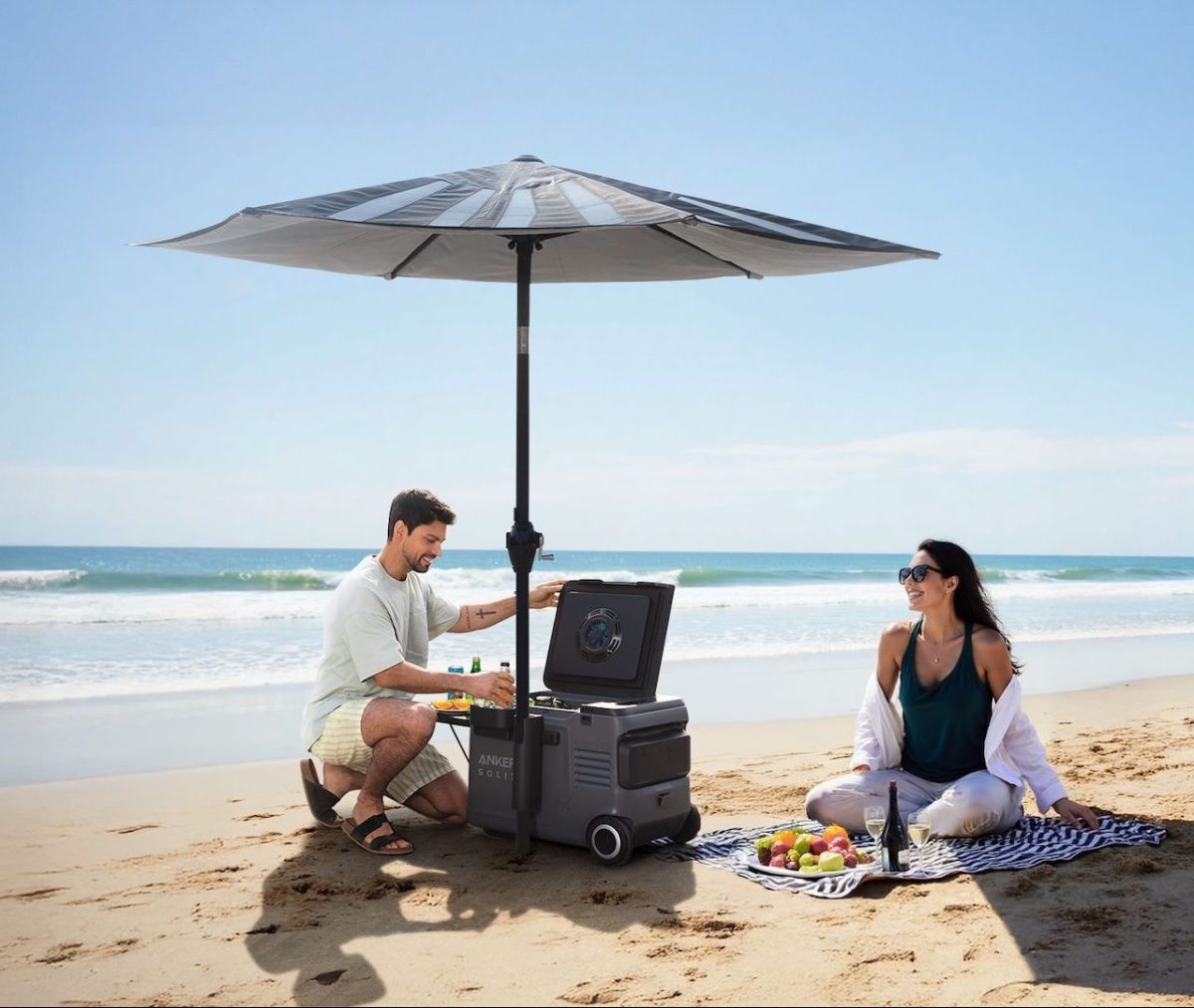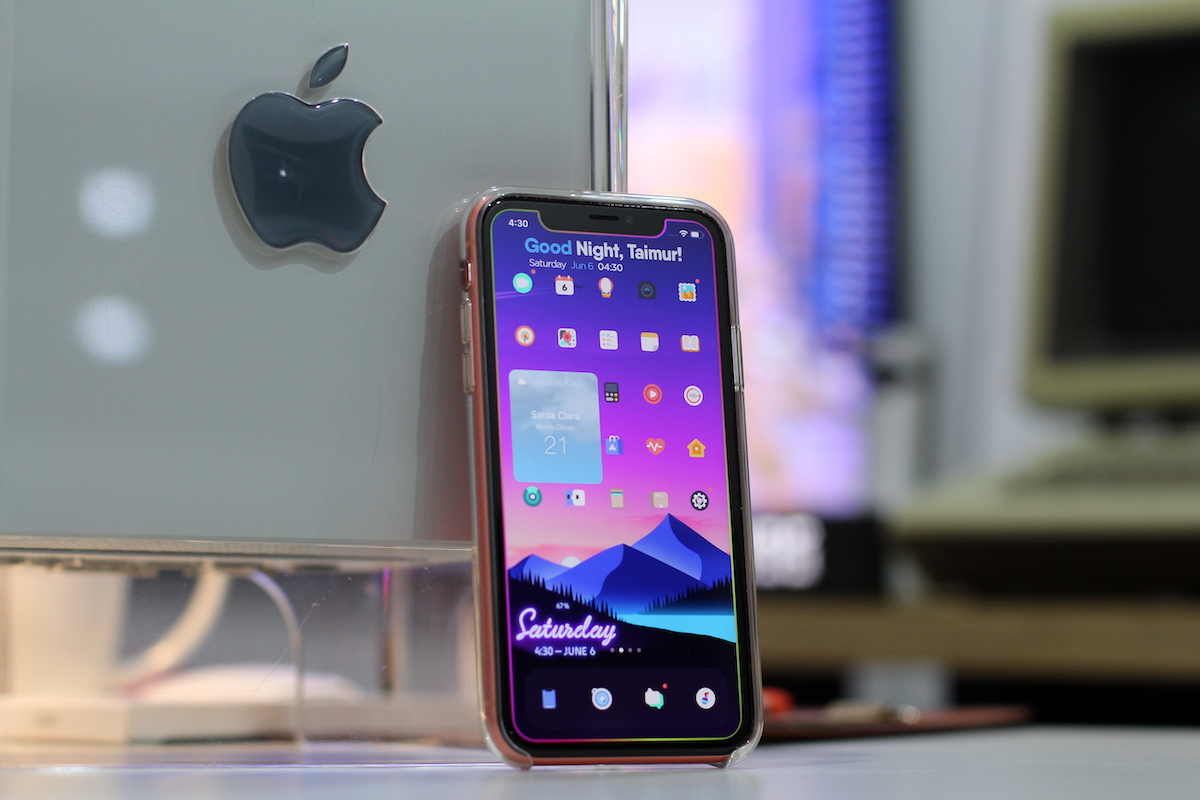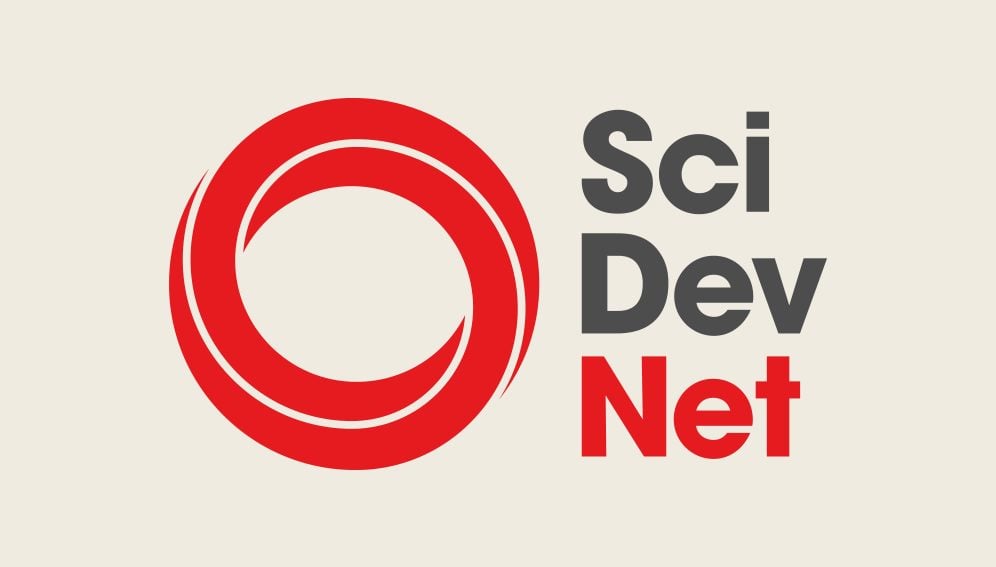When done right, faxing is a very secure means of communication. Lawyers and doctors continue to use faxing — and it’s not because they are lax about document security.
Most companies still using fax do so because it meets strict compliance requirements in industries like healthcare and finance, where secure document transmission is critical.
Modern cloud-based fax services enhance security by using encryption, secure data centers, and audit trails to protect sensitive information and ensure compliance.
So yes, fax is secure, that’s the short answer.
Like any other communication channel, fax is as secure as the network it’s running on. If you use a business phone service that includes fax, then you don’t have to worry about securing the infrastructure — but you still have to enforce strong passwords, enable MFA, delete old user accounts, and so on.
Let’s go through everything in detail.
1
CloudTalk
Employees per Company Size
Micro (0-49), Small (50-249), Medium (250-999), Large (1,000-4,999), Enterprise (5,000+)
Any Company Size
Any Company Size
Features
24/7 Customer Support, Call Management/Monitoring, Contact Center, and more
Is faxing safe for sensitive information?
Yes. It’s perfectly legal and secure to fax a check, a lease, or any other document. As a direct means of point-to-point transmission, fax machines can successfully send sensitive data without exposing it to third parties during transit.
In fact, faxed documents are considered legally binding and are included among the approved communication methods regulated in the Health Insurance Portability and Accountability Act (HIPAA) of 1996 — which governs the privacy and security of protected health information (PHI).
Whether offline or over the internet, any establishment that faxes confidential information about your health is legally required to enact strict procedures and processes to maintain your privacy. In short, providers must take all necessary steps to control who has access to your data and how it is communicated, including asking for your permission.
As a result, only authorized individuals should be able to access and fax your records. Administrative personnel are also advised to take extreme caution when it comes to ensuring that your fax number is accurate, reconfirming receipt immediately after sending. Such measures protect not only your confidential data but also the business itself from hefty fines.
Most online business fax solutions include modern security measures to protect your sensitive data. These hosted services often encrypt your fax transmissions and store your data using Transport Layer Security (TLS), establishing a unique “handshake” between two user ports to guarantee a safe connection.
During transmission, AES (Advanced Encryption Standard) 256-bit encryption ensures that all data is kept secure and inaccessible to cyberattacks. This security protocol uses a symmetrical algorithm and a 256-bit key to transform your data into a code that is undecipherable to humans and computers alike. Learn more about how encryption works to keep your data safe.
How secure is faxing via a fax machine?
Anytime you send a fax, whether analog or digital, there are opportunities for data interception or infiltration that can present a dangerous security breach. Because traditional fax machines are not connected to an office’s online network, they are not “hackable” in the same way that an online file might be.
Although a landline can potentially be hacked via wiretapping, most cyber attackers are searching out weak spots in your digital framework.
The real vulnerability of analog faxing lies in its points of origin and receipt. For example, many fax machines store unencrypted electronic copies of each transmission on their hard drives. In some cases, these copies will get backed up to a company’s shared fax server, creating the potential for online interception.
Other problem areas include the human errors of misdialing a recipient’s fax number or leaving an incoming fax sitting in the machine’s tray for any amount of time. Your method of storing or shredding any fax printouts also deserves careful consideration, as any missteps can lead to an unauthorized person obtaining sensitive data.
As for the role of telephone companies, they are required by the Federal Communications Commission (FCC) to secure records regarding your billing information and service usage. They are not, however, generally held responsible for any breaches in your fax line or protocols.
Similarly, the FCC demands that internet providers protect personal customer records and clearly communicate relevant network management protocols. Such features often include the most recent iteration of Wi-Fi Protected Access (WPA) encryption to keep your data safe from prying eyes.
Nevertheless, an attacker may still hack your information by getting ahold of your password or running a phishing scam to access any faxes stored on your company’s server. Once again, your provider is not typically considered at fault for these breaches.
Keeping your fax system truly secure means taking extra precautions to make sure your data ends up in the right hands. The best practices for supporting a safe transmission include:
- Setting access codes for any personnel who might use the machine.
- Calling beforehand to confirm that your recipient is standing by to retrieve the document.
- Securing the machine hard drive to ensure that all information stored on a shared server is encrypted and purged at regular intervals.
- Following any additional protocols when sending sensitive data, such as including a HIPAA-compliant cover sheet.
- Using only dedicated machines located in a secure area of your office space rather than a public device.
The last thing I’ll say is — and this is true of any tech, not just faxing — is that it’s essential to have Multi-Factor Authentication enabled on any account that has access to sensitive information. MFA is an easy and effective way to prevent phishing attacks.
Is faxing secure from a public fax machine?
While it may be tempting to send a fax at your nearest FedEx shop or hotel business center, remember that any transmissions from a public device may be stored in the machine’s hard drive — and this information is vulnerable to hacking. In an emergency situation like this, using a secure online fax service is considered the best possible way to protect transmitted data.
Some service platforms, such as eFax, are free for users who only need to send the occasional document.
If you cannot access an internet network and an analog fax machine is your only option, you can take certain steps to preserve privacy to the best of your ability. Using a fax machine is easy, even if you have never done it before. Make sure to include a fax cover sheet with a legal disclaimer indicating the transmission of confidential information. Call the recipient in advance to confirm they are available to intercept the fax right away.
SEE: Check out these free fax cover sheet templates if you need help getting started.
Be sure to keep copies of the full transmission for your records, including confirmation of receipt. As an added protection, ask any available office staff about their hard drive purging protocols.
How secure is faxing via an online service?
Rather than using a landline, online fax services send data over your internet network. This method is becoming more popular as companies seek to embrace digital solutions. With it, data can be encrypted and protected during transmission, as well as at its start and ending locations.
Instead of leaving a physical piece of paper on a machine for anyone to find, online faxing encrypts this data while “at rest” before and after sending. Thus, if a hacker ever gains access to your network via phishing, password detection, or software vulnerabilities, your stored fax information remains unreadable and unusable — even after being intercepted by a third party.
Many Voice over Internet Protocol (VoIP) providers offer cloud-based online fax services as a convenient add-on to their monthly subscription options. The add-ons typically include advanced end-to-end encryption to protect your transmissions and stored files, but it’s always a good idea to inquire about your specific provider’s approach to data management.
You can also play a proactive part in maintaining strong network security by following modern safety protocols, such as:
- Setting strong passwords that include capital and lowercase letters, along with symbols and numbers.
- Regularly upgrading software to ensure the latest versions of firewall and malware protections.
- Regularly upgrading firmware, including dedicated work devices like computers and smartphones.
- Using a private internet network, such as a VoIP-hosted Private Branch Exchange system.
- Training all team members on best practices for maintaining network security—especially when working from home or an offsite location.
Is fax secure compared to email?
A fax sent on a public device may be just as vulnerable to data theft as an email account on an unsecured network — so it depends on how well you understand and follow system safety protocols. In fact, even faxing from your private office might leave you open to security breaches if your machine is accessible to unauthorized personnel or your hard drive is connected to your main server.
At the same time, any sensitive information you send via email — including from your own private, secure network — can potentially be hacked if the recipient’s network is unprotected from email security threats. Large file attachments and hyperlinks, in particular, are a favorite tool of today’s hackers, as they open the door for dangerous malware that can corrupt your entire device or system.
For this reason, many medical providers transmit patient information using a secure online portal accessed only with a pre-set password. Many modern businesses are also embracing secure cloud storage solutions like Dropbox (which also utilizes AES 256-bit encryption) to share files with team members or clients.
Although analog faxing does carry certain potential risks, it remains a trusted communication method due to its reliance on a fairly secure landline network. By taking the proper precautions, you can reliably fax sensitive information and still be considered compliant with modern privacy regulations. Just remember, no matter what method of communication you choose, your data is only as secure as your safety protocols.









Leave a Comment